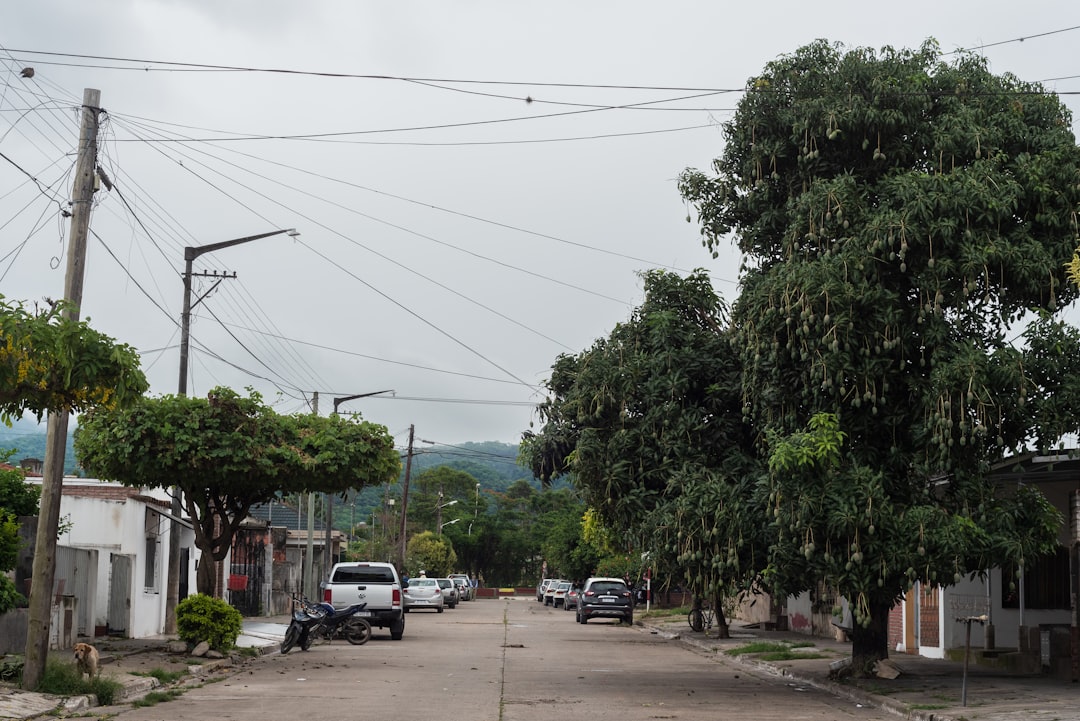York Report Reveals Alarming Suicide — here’s what’s new, why it matters, and what to watch next.
New York Report Reveals Alarming Suicide Risk Among First Responders
At a glance
A recent report from New York has unveiled a troubling trend: the rates of suicidal thoughts among first responders are significantly higher than in the general population. Advocates are calling for enhanced peer support systems and targeted training to address this crisis, highlighting the need for mental health initiatives tailored to these essential service workers.
Background & Timeline
First responders, including police officers, firefighters, and paramedics, play a crucial role in maintaining public safety and responding to emergencies. However, their profession comes with unique stressors that can take a toll on mental health. The report released on September 30, 2025, sheds light on the mental health challenges faced by these individuals, revealing that a significant portion struggles with suicidal ideation.
In 2021, the National Institute of Mental Health reported that first responders were at a higher risk for mental health issues due to exposure to traumatic events, long hours, and the pressures of their roles. Despite the growing awareness of mental health issues in these professions, a lack of adequate support systems persists.
What’s New
The recent findings indicate that nearly 30% of first responders in New York reported having thoughts of self-harm, a statistic that advocates say is both shocking and unacceptable. This marks a significant increase from previous data, which suggested that about 20% of first responders experienced similar thoughts.
In response to this alarming trend, several organizations have begun to advocate for improved mental health resources. Experts emphasize that peer support programs, where first responders can talk to one another about their experiences, can play a pivotal role in mitigating these issues. Such programs can create a safe space for open discussion and healing, which is often lacking in traditional mental health settings.
Why it matters
The implications of these findings are profound. First responders not only face the risk of mental health issues themselves but also serve as a critical support system for the communities they protect. When these individuals experience mental health crises, it can lead to a cascade of negative outcomes, including decreased job performance, increased absenteeism, and potential harm to themselves or others.
Moreover, the stigma surrounding mental health in first responder communities can prevent individuals from seeking help. Many fear that admitting to mental health struggles could impact their careers or lead to a perception of weakness among their peers. This culture of silence can exacerbate the issue, making it vital for organizations to prioritize mental health initiatives and create an environment where seeking help is encouraged.
What to watch next
As the report gains traction, several key developments are anticipated:
- Policy changes: Local and state officials may introduce new policies aimed at enhancing mental health resources for first responders, including funding for training and support programs.
- Increased training: First responder training programs may begin to incorporate mental health awareness and coping strategies as standard components of their curricula.
- Community outreach: Organizations advocating for first responders’ mental health may launch campaigns to raise awareness and reduce stigma, making it easier for individuals to speak about their challenges.
FAQ
Q1: What specific factors contribute to the higher suicide risk among first responders?
A1: First responders often face traumatic events, long hours, and high-pressure situations, which can lead to chronic stress and mental health issues.
Q2: What are peer support programs, and how do they work?
A2: Peer support programs involve first responders providing emotional and psychological support to each other, creating a safe environment for discussing experiences and feelings without judgment.
Q3: How can community members support first responders struggling with mental health issues?
A3: Community members can help by promoting mental health awareness, reducing stigma, and encouraging first responders to seek help when needed.
Q4: What steps are being taken to improve mental health resources for first responders in New York?
A4: Advocacy groups are calling for increased funding for mental health programs, the establishment of peer support networks, and the inclusion of mental health training in first responder education.
Q5: What role does stigma play in the mental health challenges faced by first responders?
A5: Stigma can prevent first responders from seeking help, as many fear negative repercussions on their careers or being perceived as weak by their peers.
Q6: Are there any national initiatives aimed at improving mental health for first responders?
A6: Yes, numerous national organizations are focusing on mental health initiatives for first responders, advocating for better resources and support systems on a broader scale.
Takeaways
The findings of this report serve as a stark reminder of the mental health challenges faced by first responders. As these individuals continue to serve on the front lines, it is imperative that mental health resources are prioritized. Enhanced peer support systems and increased training can play a crucial role in addressing the high rates of suicide risk among these essential workers. The time has come for communities and policymakers to take action to ensure the well-being of those who dedicate their lives to protecting others.
Sources & Credits: Reporting synthesized from multiple reputable outlets and official releases.
Read our related coverage for more on York Report Reveals Alarming Suicide.
For context and confirmations, see reputable wires like Reuters or AP News.
Source: Original Source. Reporting synthesized from multiple reputable outlets and official releases.
For deeper analysis on York Report Reveals Alarming Suicide, explore more reports and explainers on Insurance Rate Expert.













